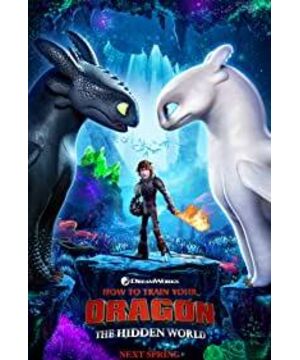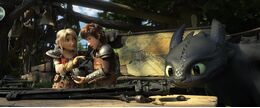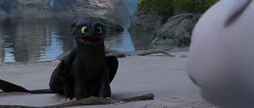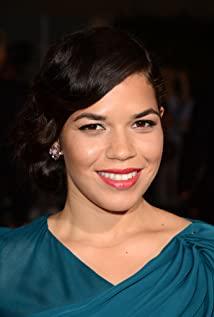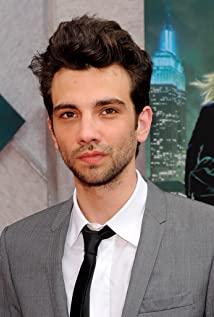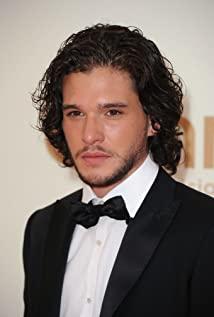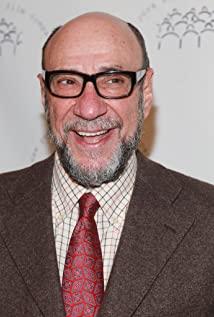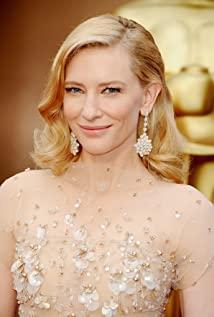It has been 9 years since the stunning release of the first "How to Train Your Dragon", this time the third part has given this fairy tale a self-justified ending. For many people, it gives emotional support and a home for missing, so many film critics are moved and touched. But for me, if the second part is a continuation of the dog's tail, this one is superfluous. The existence of the second and third parts is based on the success of the first part, which is a kind of fate, and valuable IPs will not be closed immediately. But it is very difficult to recreate a story based on such a complete and mature story. Therefore, many sequel stories are based on ignoring the contradictions of the previous work. Maybe the protagonist who has grown up is once again caught in the same self-dilemma, or the crisis that has been completely resolved inexplicably reappears. It's rare to see a good sequel that builds on the previous one with a higher or deeper extension. Hiccup's only confusion in the second installment is self-doubt about a higher responsibility—chiefhood. This pales in comparison to the first one. There is no growth at all in this part. The so-called thinking about whether pets should be kept around or released into nature is like child's play. One of the themes in the first part was the emotional connection between people and dragons, but in the second part, "you are too dependent on your dragons", and the third part emphasizes this. How human and dragon should get along and coexist? But despite being a follow-up, the second story is at least a decent one. By the third part, it's just perfunctory. The expansion of the story comes from two crises, one of which is a space problem, that is, Hiccup, the chieftain, accommodates a large number of dragons, which will inevitably lead to competition for resources and mutual encroachment; the other is a powerful enemy, the conservative dragon hunter. threat. But these two crises, as we all know, were solved very much later. The space problem can be easily solved by moving a house, and the repeated hints and renderings of powerful enemies are simply not enough to see. When the crisis is lifted, it jumps into the theme rudely: domestication is both love and bondage, and true love is to give freedom. After thinking deeply, the chief led everyone to take off the dragon's saddle, and Yesha ordered all the dragons to pursue a new life. There is no emotional foreshadowing, no thinking other than a self-question, no collision of different voices and different viewpoints, it is really a matter of course. The whole story is very naive and perfunctory, and it all depends on Yesha and Guangsha to support the overall situation. The hardest part is the final parting. Fairy tales of course have an end, but the end is "since then the prince and princess have lived happily ever after"
View more about How to Train Your Dragon: The Hidden World reviews


